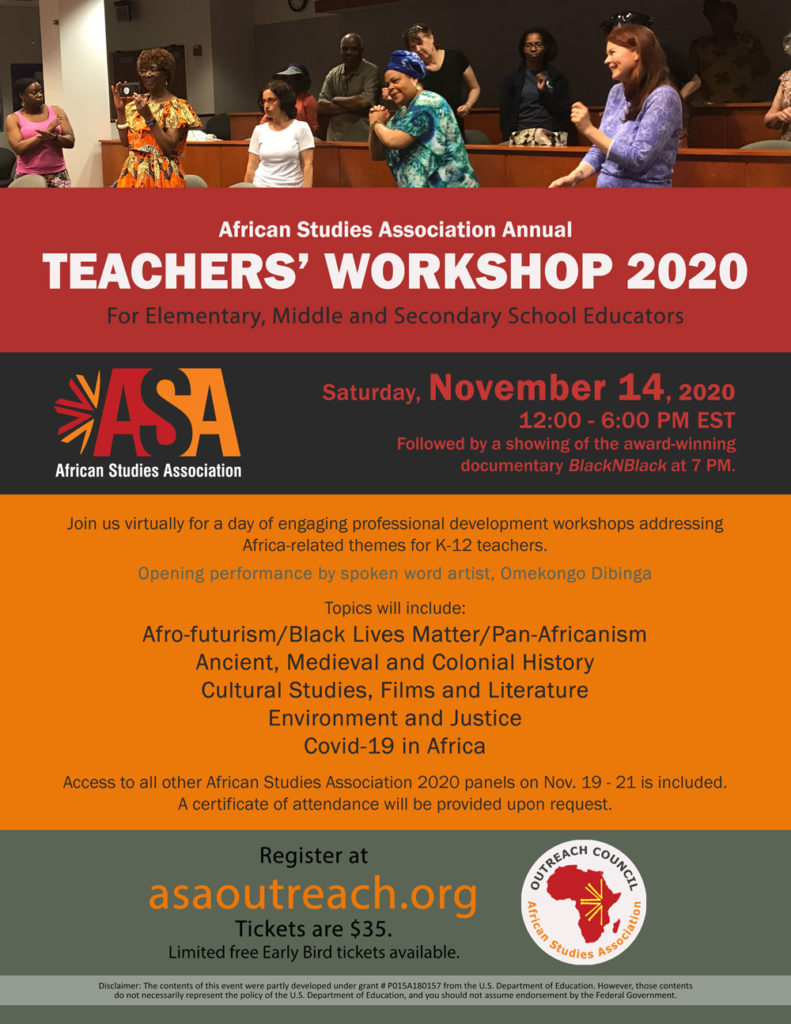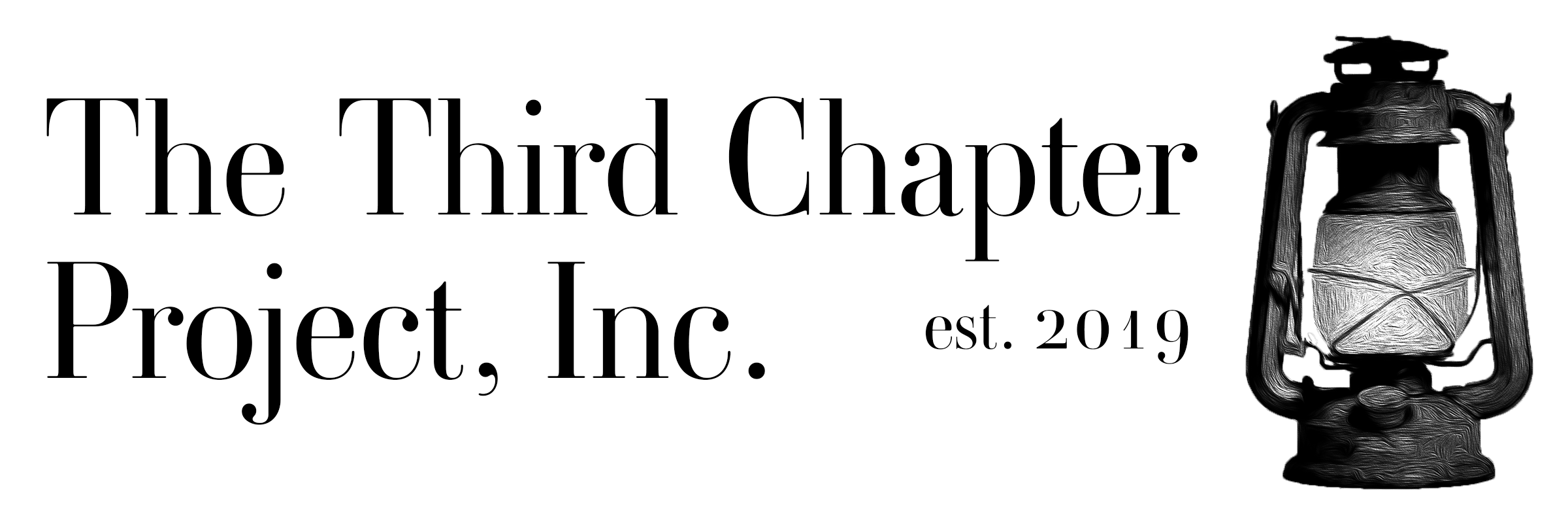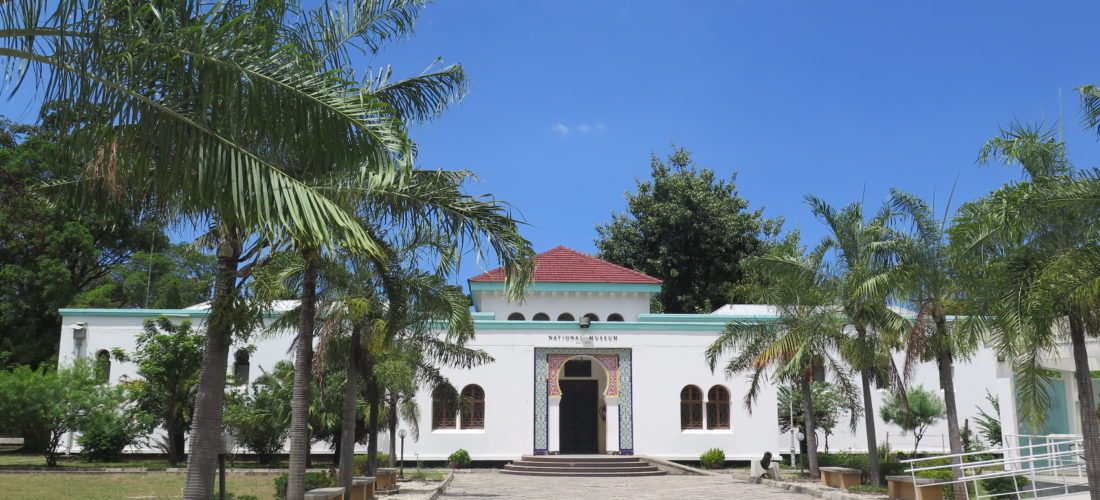Contributed by Kathryn Salucka, Deputy Director, African Studies Association
Established in 1957, the African Studies Association (US) has lived through immense changes in African Studies, including, to name a few, the independence wave of the 1960s, the fall of apartheid, and the decolonization of knowledge movement. In 2020, the ASA, like many other organizations, is faced with another challenge: rethinking academic gatherings and the sharing of knowledge during a pandemic. The ASA Annual Meeting brings together thousands of attendees from across the globe to share their latest insights, discuss new paradigms, and debate the finer points of the field. A long-standing tradition, the Annual Meeting serves as the highlight of the year for the ASA, and an opportunity for our members to come together.
In a time of COVID-19, such gatherings are not possible. Safety and travel concerns, combined with the danger of large group events, forced the ASA to reassess the purpose of the Annual Meeting. Though the ASA members cannot come together in-person, the Association believes that the knowledge produced and disseminated at the Annual Meeting is more important than ever. The 63rd Annual Meeting of the African Studies Association will run as a virtual event, November 19-21, 2020. With nearly 300 sessions scheduled, including keynote lectures, a virtual exhibit hall, a K-12 Teacher Workshop and a film screening, this event will be available to anyone who wishes to participate. In the past, the Annual Meeting has been limited to those who could physically attend. The ASA is excited to have the opportunity to remove several of these barriers to attendance, despite the fact that COVID-19 has upset many other aspects of everyday life. Though the program is finalized, individuals are still welcome to register to attend the conference as a participant, at the reduced rates of $50 for ASA members, and $75 for non-ASA members. K-12 Teachers are invited to participate in the Teacher Workshop on Saturday, November 14 for $35.
A truly interdisciplinary organization, ASA members and Annual Meeting attendees come from all fields within African Studies – from those in science and health, to the arts and policy. Insights from all of these corners have an important role to play in leading the charge against COVID-19. Countries in Africa have demonstrated sound approaches to mitigating and containing COVID-19 in 2020. The Annual Meeting program will contain a special track focused solely on COVID-19, featuring wide ranging presentations from governance during COVID-19, the role of religious organizations in the pandemic, and responses from the arts, among others.
In addition to the COVID-19 track, the Annual Meeting program contains a robust array of presentations for registered attendees, including sessions on sculpture and modernism, decolonization of the state, discussions of educational pedagogy, and more. Registered attendees of the conference will have access to on-demand viewing of several of the scheduled sessions, and will continue to have access to archived presentations through the end of the year. The preliminary program for the meeting can be viewed here. If you are interested in registering for the conference, you can do so from the myASA portal. If you would like to register to participate in the K-12 Teacher Workshop, you can do so here.
Any questions about the ASA Annual Meeting can be directed to Alix Saba, alix@africanstudies.org.


